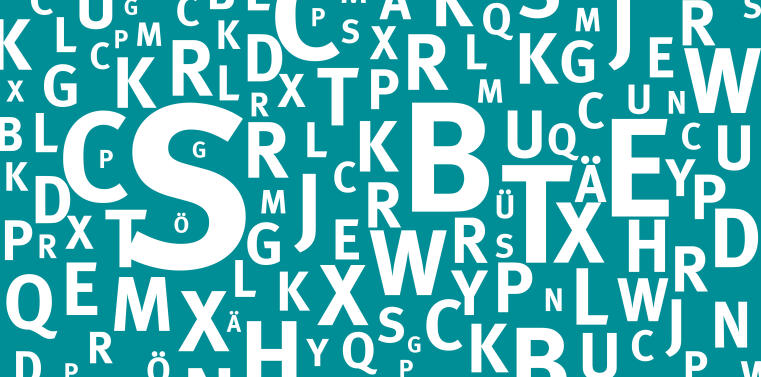

As our world becomes increasingly internationalised and globalised, foreign language skills in academia and professional life are more important than ever before. While foreign language instruction at secondary school provides the fundamentals, language courses at the University generally focus on teaching students how to practically apply these skills in potential fields. Depending on the course objectives and corresponding skill levels, students in this competence area can either learn a foreign language from the "ground up", or expand their existing knowledge with regard to their specific subject or professional orientation. Students can also have their academic achievement recognised if they wish to participate in a more comprehensive certification programme (e.g. UNIcert® programme offered at the Language Centre).
In addition to promoting mobility, the courses in the competence area '(Foreign) Language Skills' enable students to communicate and act in various academic and professionally relevant contexts. Students acquire the following skills:
- They learn to appropriately communicate in the foreign language in academic and professional situations.
- They gain foreign cultural expertise and hone their ability to behave appropriately in intercultural contexts.
- Students acquire subject-relevant competence in the respective foreign language.
- They gain the ability to understand and work with texts and sources in the original language (e.g. exegesis of theological texts, analysis of historical documents etc.), which, in turn, enables them to independently study original source materials in their degree programmes.
A variety of methods is used to enable students to acquire such language competence. In addition to traditional forms of instruction, students learn foreign languages by working with partners, in groups and projects, as well as through independent learning. The programme also offers alternative teaching and learning forms, such as language partnerships and blended learning courses. The use of modern media and their respective digital resources (learning platforms, email, chat forums, search engines) also represent a key component to teaching modern foreign languages.
Responsible for the competence area: Dr Andrea Schilling (Language Centre)
Participating faculties and institutes: FB 01, FB 02, FB 08, FB 09, Language Centre
